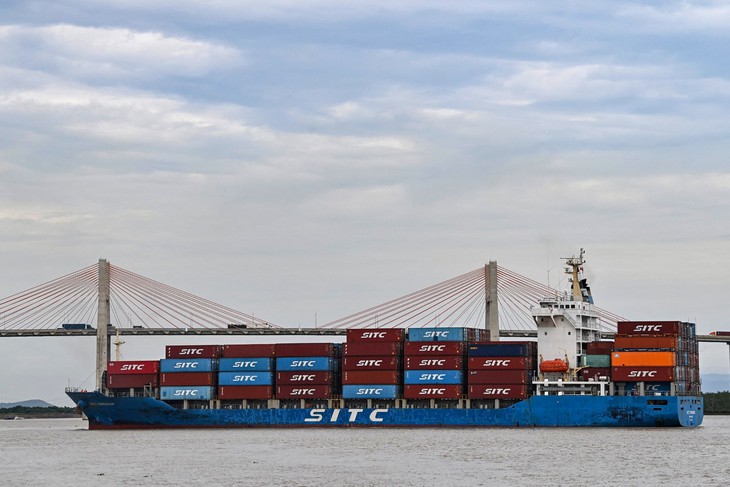
International experts say Vietnam has many conditions to cope with US tariffs - Photo: AFP
On the morning of April 3, US President Donald Trump announced the reciprocal tax rate that the US will impose on a series of countries, including Vietnam, at 46%. This tax rate is quite high, but many international experts with experience and close monitoring of the Vietnamese market believe that Vietnam has many conditions to respond to US tariffs.
Businesses will adapt
According to Mr. Rich McClellan, an independent consultant for investment and economic strategy operating in Vietnam, these proposed reciprocal tariffs appear to be more of a political signal than a fully designed economic policy.
He believes that companies will not have a large and immediate shift out of Vietnam, as they are still "strategically patient" waiting to see how the situation develops.
“Many companies will be involved directly or through industry associations to push for exemptions, clarification or diplomatic intervention. We will see lobbying, delegation visits and possibly renegotiation of terms for specific sectors,” McClellan commented.
Sharing the same opinion, Dr. Jonathan R. Pincus, director of the Fulbright School of Public Policy and Management - Fulbright University Vietnam, said that companies will not immediately shift their supply chains out of Vietnam.
According to Dr. Pincus, moving or restructuring a supply chain will cost a lot, and these costs will have to be weighed before making a decision.
The expert added that the Trump administration tends to be unpredictable, and businesses will also wait until a final tariff decision is made.
According to Mr. Pincus, most of the goods Vietnam exports to the US will not be produced in the US, so industries that require labor will not return to this country.
“The question now is what is the differential cost for exporting in Vietnam compared to other low-wage countries, when Bangladesh, Cambodia, Indonesia and Thailand are all subject to high tariffs. This is just the opening move, businesses will not react quickly in the current evolving situation,” Mr. Pincus told Tuoi Tre .
Negotiation and market redirection
Mr. Vlad Savin, partner at Acclime Vietnam, commented that Vietnam already has manufacturing infrastructure, a skilled workforce, and many trade agreements (such as CPTPP and RCEP). These factors will play an important role in encouraging companies to stay.
Meanwhile, domestic producers can turn to alternative markets to reduce inventories and maintain production levels. Participation in trade agreements has given Vietnam access to markets such as Japan, Canada, Australia and other ASEAN countries, where tariffs are lower than those of the US or have no tariffs at all.
In addition, domestic companies may accelerate efforts to tap Vietnam's growing consumer market, as rising incomes lead to demand for domestic goods.
Besides shifting the market, experts also emphasized that Vietnam must actively negotiate with the US on tariffs.
According to Mr. McClellan, this is not the time for Vietnam to react passively, but must have positive diplomatic moves, clear messages and show flexibility in policy.
Sharing the same view, Mr. Savin said that Vietnam has an advantage in negotiations due to its strategic importance as a partner of the US in the Indo- Pacific region, but will still need to make some concessions such as increasing imports from the US or proposing investment opportunities.
Vietnam can cope
According to Dr. Pincus' observation, Vietnam's economy is a dynamic and increasingly diversified one.
To cope with changes in US trade policy, Vietnam will need a flexible approach, negotiating on a case-by-case basis where possible and preparing alternative plans.
"US tariffs are a challenge for Vietnam, but I believe this is also a challenge that this economy can cope with," said Mr. Pincus.
Source: https://tuoitre.vn/viet-nam-co-the-ung-pho-thue-46-cua-my-chuyen-gia-quoc-te-huong-dan-ra-sao-20250403184638141.htm


![[Photo] More than 17,000 candidates participate in the 2025 SPT Competency Assessment Test of Hanoi National University of Education](https://vphoto.vietnam.vn/thumb/1200x675/vietnam/resource/IMAGE/2025/5/17/e538d9a1636c407cbb211b314e6303fd)
![[Photo] Readers line up to visit the photo exhibition and receive a special publication commemorating the 135th birthday of President Ho Chi Minh at Nhan Dan Newspaper](https://vphoto.vietnam.vn/thumb/1200x675/vietnam/resource/IMAGE/2025/5/17/85b3197fc6bd43e6a9ee4db15101005b)
![[Photo] Prime Minister Pham Minh Chinh chairs meeting on science and technology development](https://vphoto.vietnam.vn/thumb/1200x675/vietnam/resource/IMAGE/2025/5/17/ae80dd74c384439789b12013c738a045)








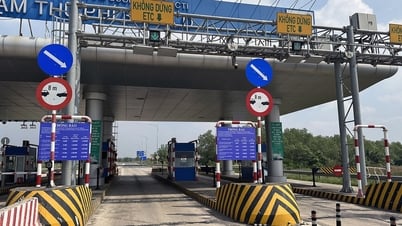





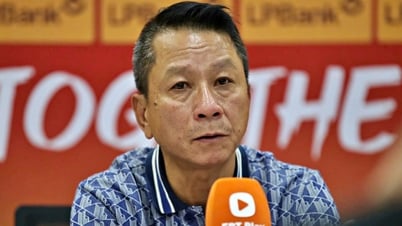
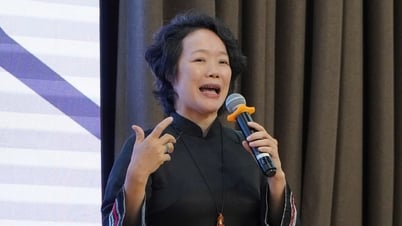

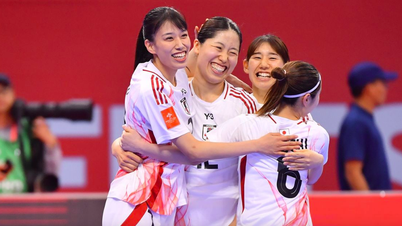


![[Photo] Nearly 3,000 students moved by stories about soldiers](https://vphoto.vietnam.vn/thumb/1200x675/vietnam/resource/IMAGE/2025/5/17/21da57c8241e42438b423eaa37215e0e)
























































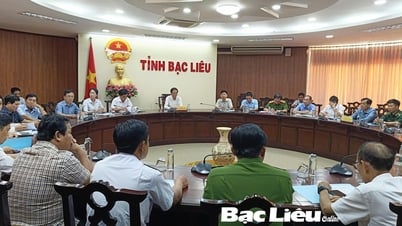


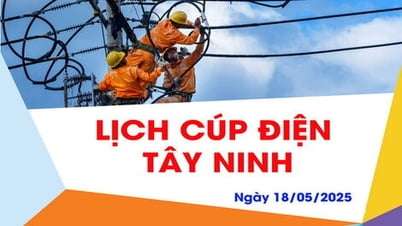














Comment (0)